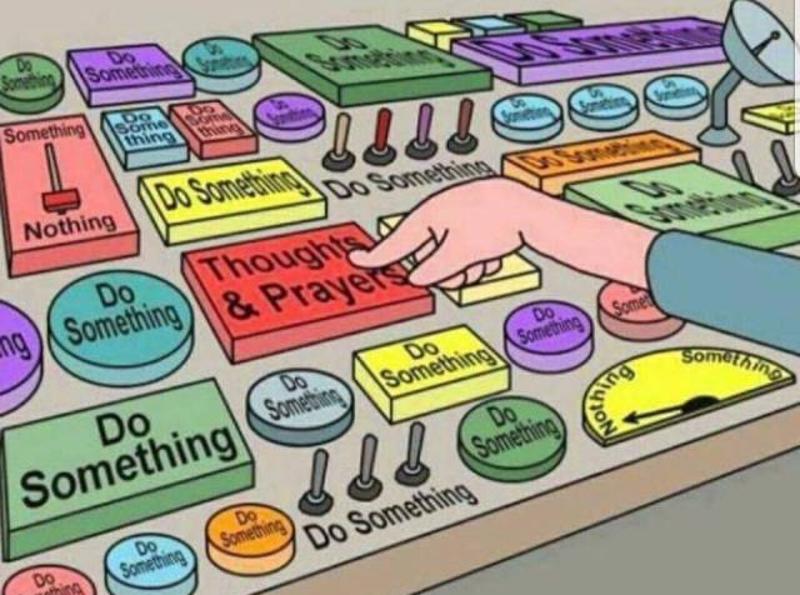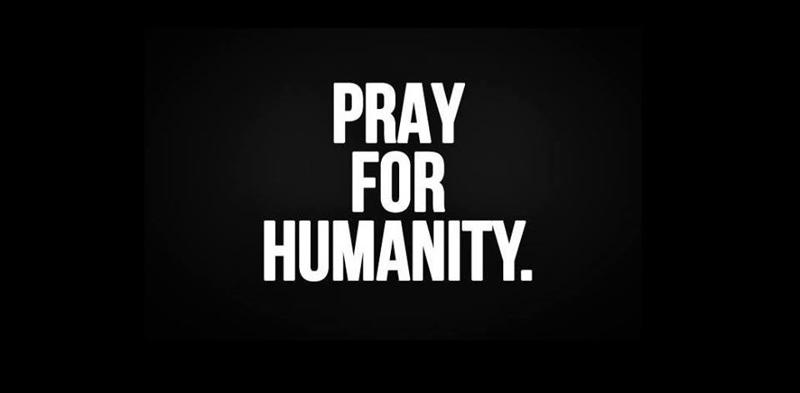My diary
Today we started the lecture with a question: which are examples of cultural differences in the perspective of risks? Actually, one of my favourite philosopher and sociologist, Max Weber, widely talked about it in one of his many works: he pointed out how differences in religion can influence the whole culture and the way of thinking of a society, even from an economic point of view. In particular, what I have always found interesting is the difference in the language daily used between Catholic and Protestant: while the former are particularly inclined to answer at a question like ‘So see you tomorrow?’ in a way that sounds ‘If God wants’, the latter are instead more likely to say something a bit more pragmatic as ‘I’ll check my schedule and let you know.’ This also made me think quite a lot on the ongoing hashtag in trend in Europe and the whole western world in general since a while by now – #prayforsomething – used to express condolences and sadness at first for terrorist attacks and later for every type of serious incident happening in the so called
lucagambelli1505
15 chapters
16 Apr 2020
Day Seven: Culture and Different Perspectives
April 28, 2019
Today we started the lecture with a question: which are examples of cultural differences in the perspective of risks? Actually, one of my favourite philosopher and sociologist, Max Weber, widely talked about it in one of his many works: he pointed out how differences in religion can influence the whole culture and the way of thinking of a society, even from an economic point of view. In particular, what I have always found interesting is the difference in the language daily used between Catholic and Protestant: while the former are particularly inclined to answer at a question like ‘So see you tomorrow?’ in a way that sounds ‘If God wants’, the latter are instead more likely to say something a bit more pragmatic as ‘I’ll check my schedule and let you know.’ This also made me think quite a lot on the ongoing hashtag in trend in Europe and the whole western world in general since a while by now – #prayforsomething – used to express condolences and sadness at first for terrorist attacks and later for every type of serious incident happening in the so called

‘civilized world.’ Apart from the abuse of the term being arguable, I think we use too often the term as a way to simply fulfil our ego and moral duty showing our closeness to the victims of said incident but without doing anything real, anything concrete… as much as you could think prayers help, some concrete actions would not certainly make the situation worse. So if instead of waiting for the help of God or for the will of God to be fulfilled we would do our small taking responsible actions, half of the work can be considered done. Another aspect in which such cultural differences can be seen is the replace vs repair culture: usually the general reasoning is ‘if maintenance costs get too high, we will just replace it’, but – apart from the fact that a lot depends on the budget at disposal – most of the times we tend to set the threshold of ‘too high costs’ way too low that it could actually be, thus preferring to invest on something new while throwing away what we have already invested on… I must admit it reminds me a lot of the behaviour of children: when they don’t like a toy anymore they simply throw it away and get a new one. Not only this philosophy is quite expensive but also conveys a wrong interpretation of the goods at our disposal, devaluating and downgrading them and without taking them at their fullest potential.

Of course, sometimes it is necessary to replace something with something else, especially as a way to implement progress and innovation, but a focus only on replace with no repair is dangerous in the sense that goes creating a wider and wider disparity between those who can afford to modernize and replace with a better something and those who instead are not able to do so and therefore stay behind – even worst, it can also happen that in case of State business the ones that cannot afford replacement find themselves with a good that is not repaired either, thus further enlarging such gap.
1.
Day One: New Possibilities
2.
Day Two: Hazards in Sardinia
3.
Day Three: 2016 Louisiana Flood
4.
Day Four: Resilience and Structural Changes
5.
Day Five: the Development Loop Theory
6.
Day Six: New Inclusive Growth
7.
Day Seven: Culture and Different Perspectives
8.
Day Eight: Social Safety Nets
9.
Day Nine: Swimming Competitions
10.
Day Ten: Viruses and Vaccines
11.
Day Eleven: the Psychology of Reactions
12.
Day Twelve: Outrage
13.
Day Thirdteen: a Recovery to Migration?
14.
Day Forteen: Building back Communities
15.
Day Fifteen: the Final Choice
Share your travel adventures like this!
Create your own travel blog in one step
Share with friends and family to follow your journey
Easy set up, no technical knowledge needed and unlimited storage!